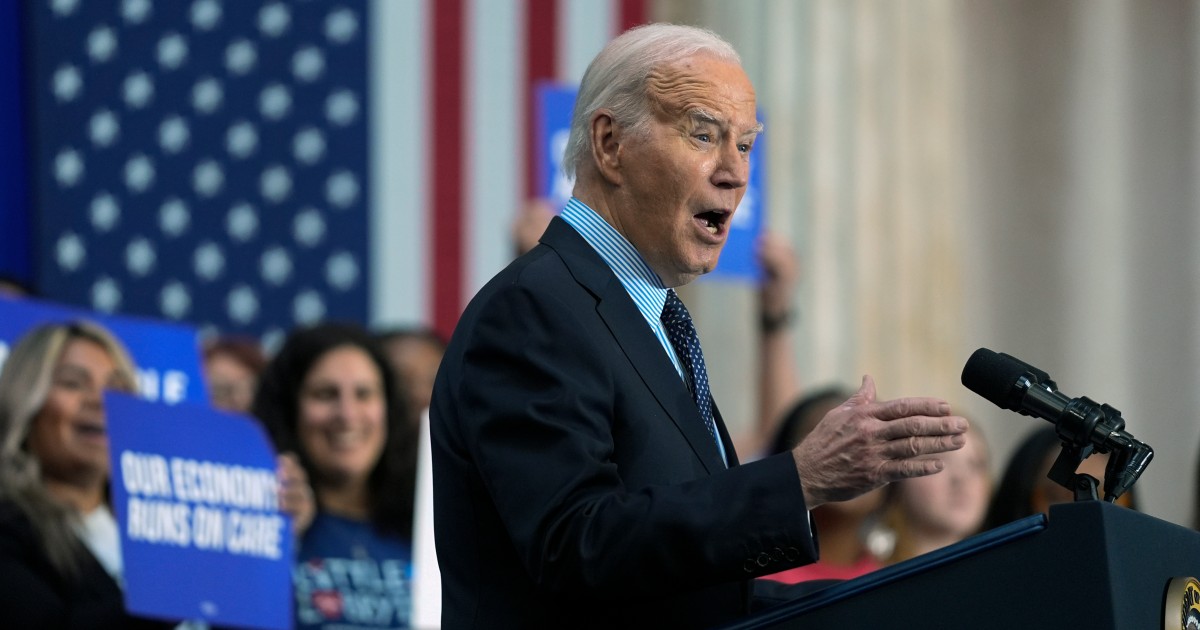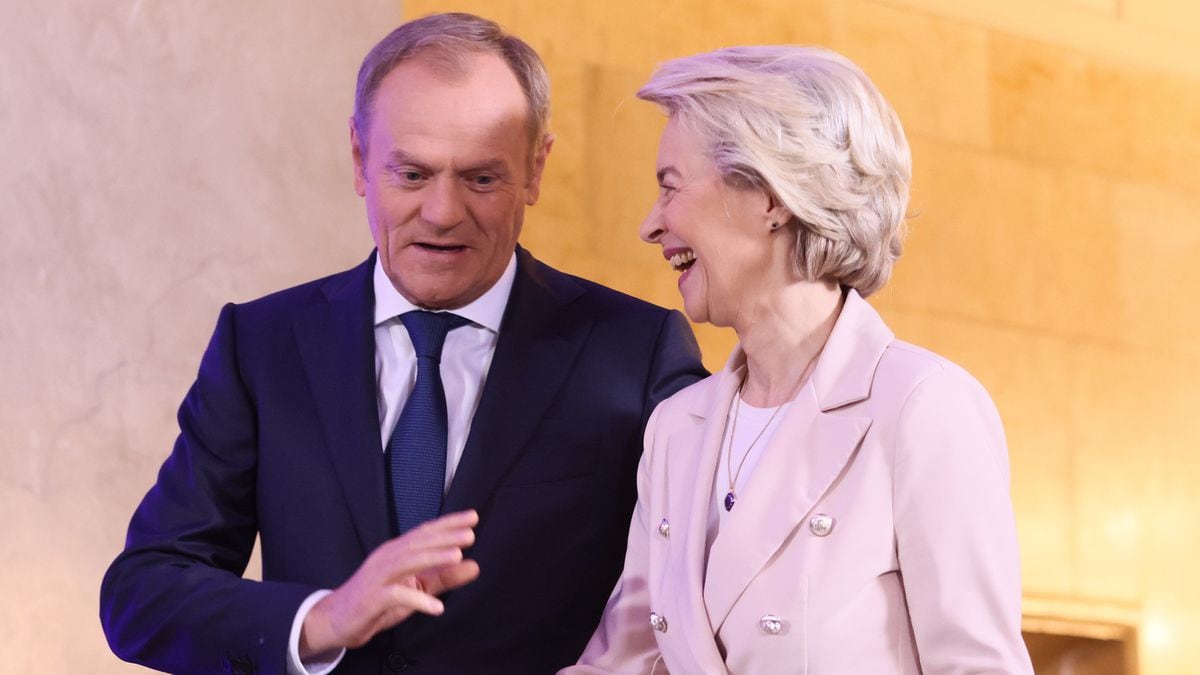Germany, which holds the presidency of the EU, has proposed a compromise on the link between the payment of European funds and respect for the rule of law, an issue that threatens the recovery plan due to opposition from Warsaw and Budapest.
The text, obtained Monday by AFP, should serve as a basis for negotiations between the 27.
In July, by approving the post-coronavirus recovery plan at the end of a marathon summit, the member states agreed on “a conditionality regime” without specifying the rules.
Read also: European recovery plan: how will countries be able to access funds?
This allowed Hungarian Prime Minister Viktor Orban to hail a "great victory", affirming that "all attempts to link the rule of law to the budget have been stopped".
Hungary and Poland, two countries in the crosshairs of Brussels for judicial reforms accused of undermining the independence of the judiciary but also attacks on media pluralism in particular, refused on Friday at a meeting of ambassadors to give their green light essential to the recovery plan, as long as they had not won their case.
On the other hand, MEPs, who have a say in the budget to which the massive stimulus plan is based, on the other hand demand a strong and dissuasive mechanism.
The German proposal proposes to reduce or suspend the disbursements of funds in cases where violations by a member state of the principles of the rule of law "affect in a sufficiently direct way the sound financial management of the EU budget or the protection of the Union's financial interests ”, which leaves a wide margin of appreciation.
The adoption of these sanctions would be up to the Council, bringing together the 27, on a proposal from the European Commission.
The German Presidency proposes, as was the case in the agreement in the Council in July, that this decision be taken by a qualified majority of the Member States, ie at least 15 of the 27 Member States representing 65% of the European population.
In this case, four States States representing at least 35% of the population of the EU could block the measures.
The Commission and MEPs are calling for this decision to be taken by an inverted qualified majority, that is to say that the proposed sanctions can only be rejected by the Council if a qualified majority emerges against it.
The German proposal also provides for a certain number of possibilities and time limits to allow a member state in question to defend itself and correct the situation, and an annual reassessment of the situation by the Commission.









